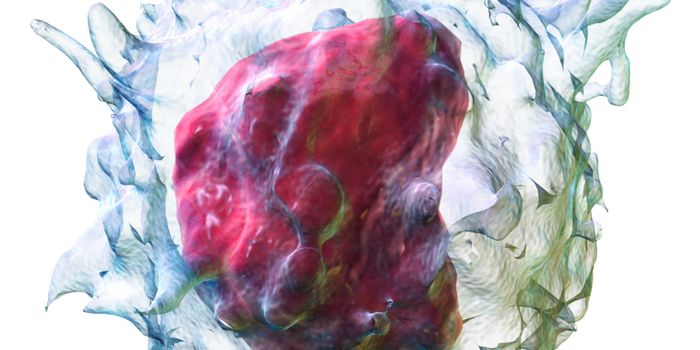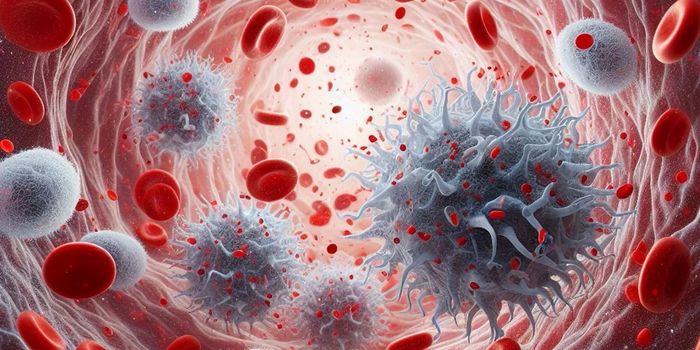Fatty acid DGLA kills cancer cells
A study published in Developmental Cell highlights the discovery that a fatty acid called dihomogamma-linolenic acid (DGLA) is capable of killing human cancer cells. This finding has significant implications for future cancer treatment pathways, says corresponding authorJennifer Watts, a Washington State University associate professor.
The mechanism that Watts and her colleagues discovered involves invoking ferroptosis - otherwise known as iron-dependent cell death - on cancer cells. As the scientists showed in both animal models (the microscopic worm Caenorhabditis elegans) and human cancer cells, DGLA can trigger ferroptosis.
So what is DGLA? You probably haven’t heard of this polyunsaturated fatty acid because it’s not one that we typically consume in our diets, although it is found in small amounts in the human body. But DGLA has been on Watt’s radar for the last two decades.
"If you could deliver DGLA precisely to a cancer cell, it could promote ferroptosis and lead to tumor cell death," Watts said. "Also, just knowing that this fat promotes ferroptosis might also affect how we think about conditions such as kidney disease and neurodegeneration where we want to prevent this type of cell death."
In this study, the scientists fed the C. elegans a diet of DGLA-laden bacteria. This resulted in all the germ cells in the nematodes dying as well as the stem cells that make the germ cells. First author Marcos Perez explains:
"Many of the mechanisms we saw in the nematodes were consistent with the hallmarks of ferroptosis in mammalian systems, including the presence of redox-active iron and the inability to repair oxidized lipids, which are like molecular executioners.”
They later showed that DGLA had the same effect on human cancer cells. Watts' team plans to continue exploring this topic in order to determine what makes the nematode germ cells so susceptible to DGLA.
Sources: Developmental Cell, Eureka Alert









